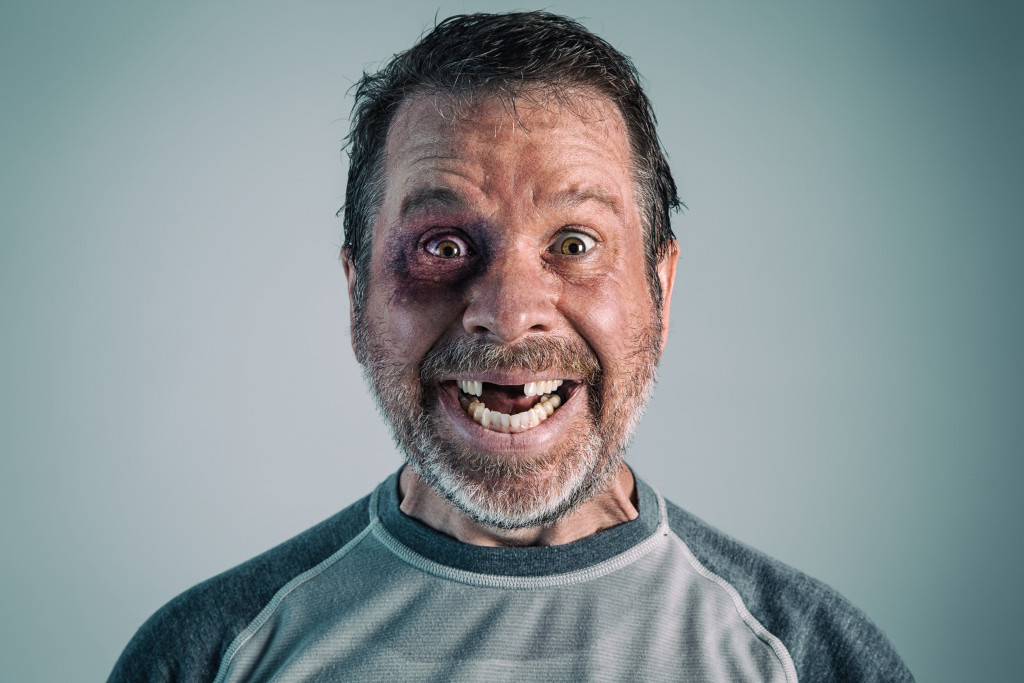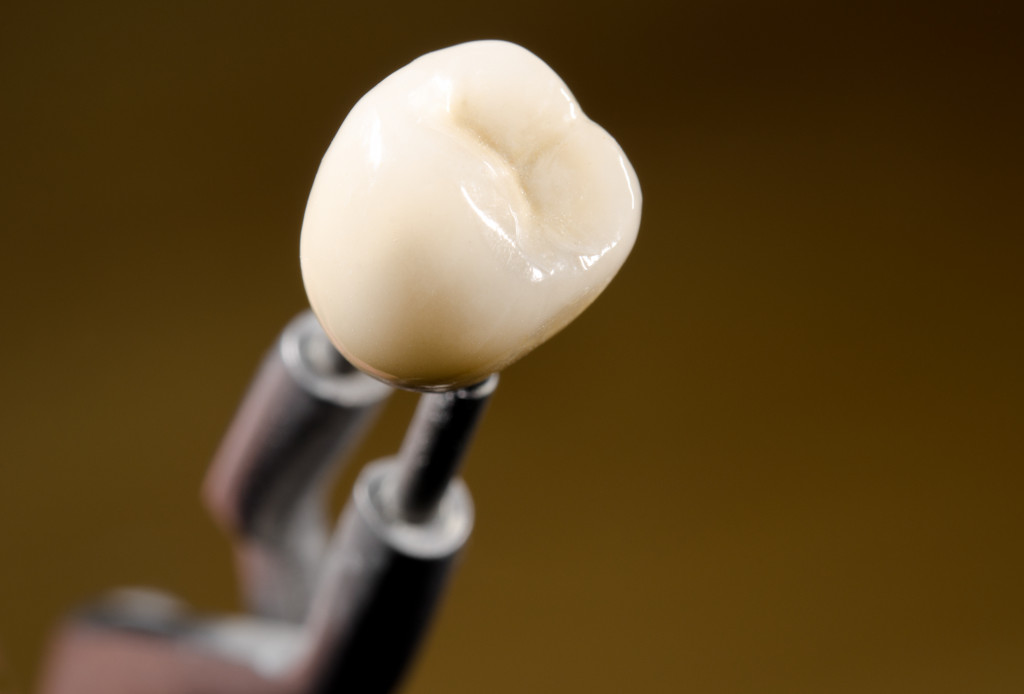A person’s smile is one of the first things others notice about them. For many people, having straight, white teeth is important for their appearance and self-confidence. Unfortunately, not everyone is born with perfect teeth. In fact, according to the American Association of Orthodontists, around four million people in the United States are currently wearing braces or some other type of orthodontic device.
One of the most common dental problems that orthodontists treat is teeth crowding. This occurs when there is not enough room in the mouth for all the teeth. As a result, the teeth can become crooked or overlap each other.
When teeth are crowded, they are more difficult to clean properly, leading to tooth decay and gum disease. In addition, crowding can also cause misalignment of the jaw, which can lead to TMJ disorders and other problems. So what causes teeth crowding? Here are some of the most common causes.
Overbites and Underbites
An overbite is when the upper teeth protrude further than the lower teeth. Meanwhile, an underbite is the opposite. Both of these conditions can cause teeth crowding.
When a person has an underbite, the lower teeth can actually end up pushing the upper teeth forward, causing them to crowd. On the other hand, an overbite can cause the upper teeth to come down too far and overlap with the lower teeth. In either case, this can lead to severe teeth crowding.
An underbite or an overbite can be corrected through various orthodontic treatments, including braces, Invisalign, and surgery. In most cases, the best treatment for an underbite is braces. Braces can help correct the teeth’s alignment and the jaw’s position.
Small Jaw Size
If you have a small jaw, there may not be enough room for all of your teeth. This can cause your teeth to become crowded. Often, a small jaw is caused by genetics. It’s normal and may not require any treatment or corrective procedures. But in some cases, a person may need surgery to correct the problem.
Micrognathia is a condition in which the lower jaw is undersized. It’s most common among infants, and the condition often corrects itself as the child grows. However, it can still cause problems such as apneic spells, feeding and breathing difficulties, and cyanosis. It can also be a symptom of syndromes, including cleft lip and palette, hemifacial microsomia, and Beckwith-Wiedemann syndrome. Children with micrognathia should see a physician to determine if any treatment is necessary.
Missing Teeth
If you have missing teeth, the remaining teeth may begin to shift into the empty spaces. This can cause your teeth to become crooked or crowded.
To prevent this from happening, you must get any missing teeth replaced. The most common way to do this is with dental implants. Dental implants are titanium posts inserted into the jawbone to act as artificial roots. Once the implants have fused with the bone, they can support replacement teeth, such as crowns, bridges, or dentures.
Tooth decay can cause your teeth to become misshapen. This can, in turn, cause them to become crowded. That’s why it’s important to practice good oral hygiene and see your dentist regularly for cleanings and checkups.

Impacted Third Molars
More often, teeth crowding results from impacted third molars, also called wisdom teeth. These are the teeth that erupt in the back of the mouth, behind the molars.
Wisdom teeth become impacted if there’s not enough room in the mouth for them. When this happens, they can grow at an angle and become trapped between the jawbone and other teeth. Impacted wisdom teeth can cause a lot of pain and problems, such as crowding, tooth decay, gum disease, and even cysts.
Wisdom tooth removal can be done through a variety of methods, including simple extraction, surgical extraction, or a combination of both. The type of procedure used will depend on the position of the wisdom teeth and the severity of the problem.
Large Teeth Size
Teeth are supposed to be a certain size. But if your teeth are too large, they can crowd your mouth and make it difficult to chew or speak properly.
Macrodontia is a condition in which one or more teeth are larger than they should be. It can affect any of the teeth, but it’s most common in the molars and incisors. Macrodontia can be caused by a number of things, including genetics, trauma, and certain medical conditions.
If you have macrodontia, you may need to have the affected tooth or teeth removed. In some cases, you may also need braces or other orthodontic treatments to correct the problem.
If you are experiencing crowding of your teeth, it is important to see a dentist or orthodontist so that you can find a solution that is right for you.


